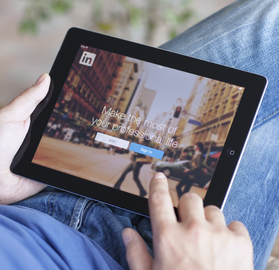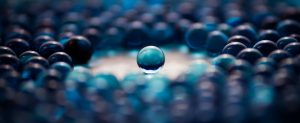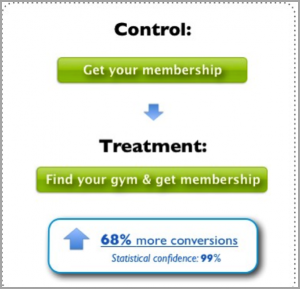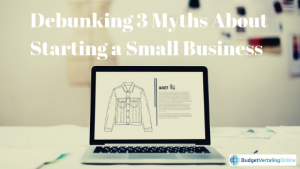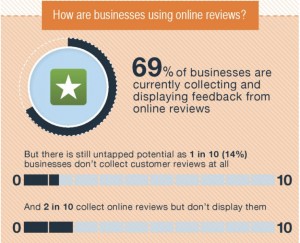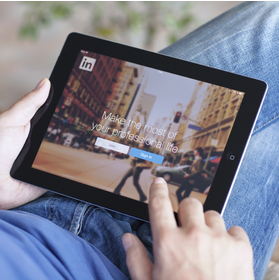
In 2012, LinkedIn started Influencers, a blog with posts by people who are influential in their fields. This includes famous people like Richard Branson, Jack Welch, Bill Gates and Arianna Huffington — even President Barack Obama contributed. Some 300 industry leaders currently post to LinkedIn and thousands (and thousands) more follow what they have to say.
You too, can blog on LinkedIn. Even if you aren’t a branded “Influencer,” you and your business can still reach a substantial audience. Mark Stevens isn’t an Influencer, but he’s got 21,657 followers. That could be a lot more than he gets by posting on his own website because these days, anyone who is looking for a job or a business connection (which is just about everybody) is on LinkedIn.
Is It Worth Giving Away?
There is an argument, however, that you are providing free content to LinkedIn. Why would you want to give away your opinions, your expertise and your time to provide content to LinkedIn? The site is, after all, the leading professional connections social network. If LinkedIn wants your thoughts, shouldn’t it pay for them?
Do you think Richard Branson is getting paid? Do you think he needs to get paid?
Daniel Roth, LinkedIn’s executive editor, explains that Influencers aren’t like professional writers. Payment or other forms of recognition don’t motivate them. They are motivated by the number of followers they have overall, as well as the number of views they get for each post. This particularly becomes a competition in that that they get more followers and viewers than their peers. Because these people are type-A personalities; that’s why they are influencers.
It’s a Great Platform to Advertise On
Of course you’re not looking to compete with Richard Branson, but like any business, you’re looking to develop an audience that could be interested in what you have to sell. Think of the time spent developing a blog post that you aren’t getting paid for as an advertising expense.
If you already write a blog, it’s easy enough to set up blog posts to appear in your LinkedIn account. Almost all blog programs come with a simple plugin that provides a direct feed to LinkedIn.
What if you don’t blog? If you don’t consider yourself a writer or don’t think you have anything to say, you may need to hire a professional writer to cover news of importance in your industry. Of course this means you are paying someone to produce content that you are giving away for free. Again, consider it an advertising expense.
Is “advertising” on LinkedIn worth such an expense? According to Hubspot’s annual State of Inbound Marketing Report, the more you blog, the greater chance you have of getting new sales leads.
Given that LinkedIn is the preeminent, business-oriented social networking platform which is bound to contain a significant audience for you and your company, the question isn’t whether you should blog on LinkedIn, but why you haven’t yet already.
After all, if Mark Stevens can get over 20,000 followers, why shouldn’t you?
(283)
